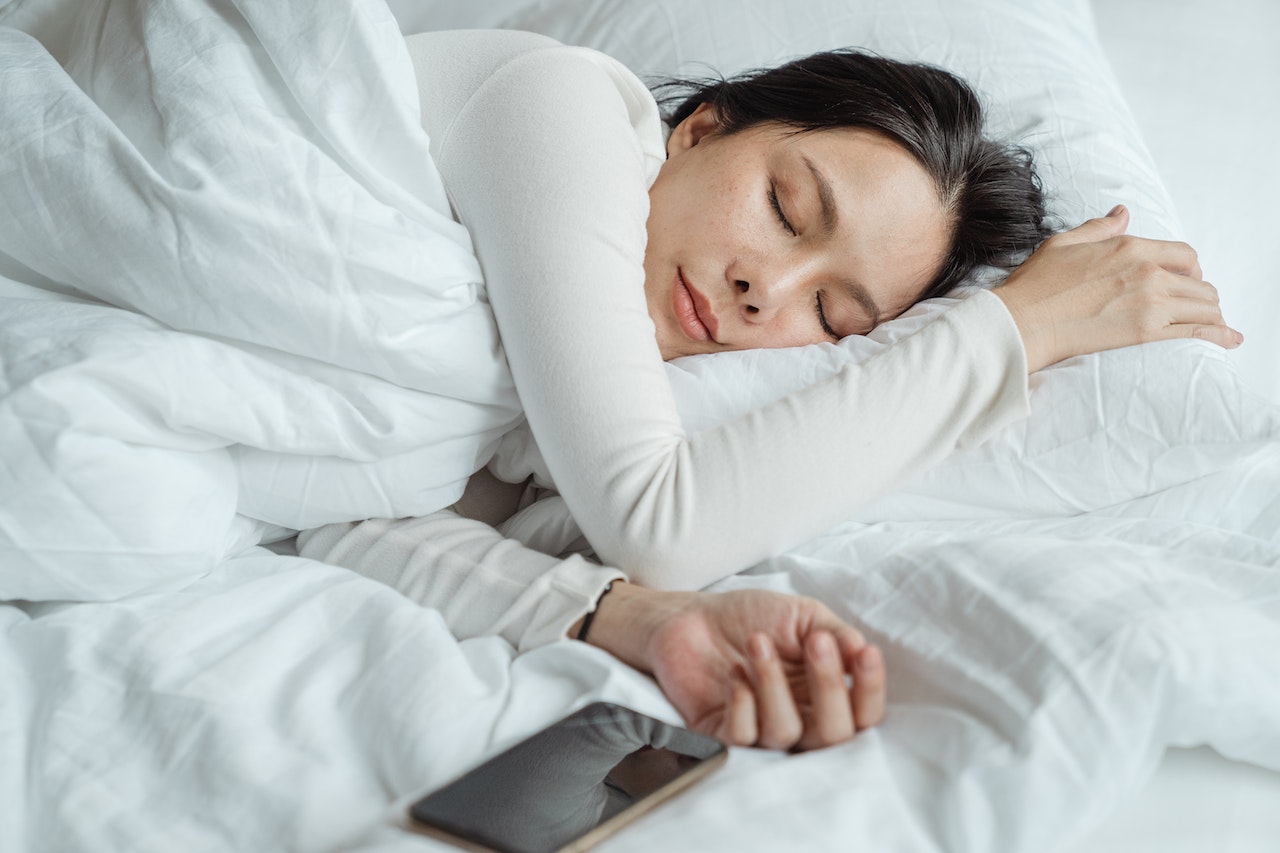Are you tired of losing sleep every night, leaving yourself exhausted and unable to focus the next day? If so, you’re looking for ways to get a better night’s rest. We all know that consistent, good, quality sleep is essential for physical and mental wellbeing. But tackling those sleepless nights can be daunting. To help you with this topic, we’ll provide eight proven tips to help you get better, more restful sleep every night.
Here are eight tips to help you get better, more restful sleep every night:
1. Get Enough Exercise During the Day
Exercising during the day can sometimes feel like a chore, but it’s worth it for your health and overall wellbeing. Not only does regular exercise benefit your physical health, but when you make sure to get enough exercise every day. It helps improve your sleep quality too. The journal Sleep reports that people who make exercise part of their daily routine experienced better sleep quality than those who weren’t as active. So if you’re having trouble falling asleep at night, adding exercise to your daily routine may help improve your sleep quality.
2. Choose The Best Latex Mattress
When searching for the best mattress to get a good night’s Sleep, latex mattresses are top-of-the-line. They provide unparalleled body support and comfort, relieving pressure and enabling you to sleep deeply and calmly. In addition, latex mattresses are durable, breathable, and hypoallergenic. So you can feel secure in your investment in a luxurious queen mattress.
3. Avoid Caffeine Before Bed
If you’re looking for a good night’s rest, avoiding caffeine consumption at or close to bedtime is best. Caffeine is a stimulant—its effects can last for hours and interfere with sleep onset, leading to poor-quality Sleep. So to enjoy a restful slumber, keep your caffeine consumption away before bedtime. So don’t mess with your Sleep—avoid caffeine before bed.
4. Establish a Regular Sleep Schedule
Establishing a regular sleep schedule can be one of the simplest but most effective changes you make for your health. Having a consistent bedtime helps ensure your body’s internal clock gets used to sleeping and waking up simultaneously each night. In addition, going to bed and getting up consistently will make you more likely to fall asleep faster and find it easier to wake up feeling well-rested. Try setting yourself a comfortably early bedtime and getting into a nightly routine that signals your body that it’s time to head off to Sleep.
5. Keep Your Bedroom Dark and Quiet
Getting a good night’s rest is so essential. Still, sometimes it can be hard to achieve, especially when you have distracting elements like light and noise. However, there are steps you can take to create an environment that is dark and quiet so that falling asleep isn’t such a struggle. For example, invest in blackout curtains or an eye mask to keep the light away from your face as you nod off. And nab a white noise machine for those pesky late-night noises that could ruin your dreams.
6. Limit Your Exposure to Blue Light
Taking care of our sleep health is essential for feeling both mentally and physically awake and energised. To ensure we get enough sleep and quality rest, limiting our exposure to blue light from screens is important. Blue light has been linked with impacts on our circadian rhythm, making it harder for us to fall asleep at night. Whether you’re a frequent user of tech gadgets or not. It’s wise to avoid screens for at least an hour before bedtime to protect yourself from the potential side effects of blue light exposure.
7. Practice Relaxation Techniques
Reducing stress and getting a good night’s sleep can be challenging. But thankfully, there are relaxation techniques that can help. Deep breathing is a great way to instantly calm your mind and body. At the same time, progressive muscle relaxation helps to slowly release tension throughout the body. Taking the time to practise relaxation techniques can make a world of difference in how you feel and how well you can rest. So why not give it a try today? You may find that you simply cannot live without these calming methods.
8. See a Doctor if You’re Still Struggling
Don’t wait if you’re having persistent sleep issues, even though it might be our natural inclination to power through and try to address the underlying cause ourselves. It’s important to remember that seeking help is nothing to be ashamed of or embarrassed by. For example, suppose you’ve made small lifestyle changes, such as improving your diet or switching up your exercise routine. But you are still experiencing difficulty sleeping, so it’s time to speak with a doctor. They can offer medication or therapy that may help relieve any sleep disorders like insomnia and ensure you get the restful night’s sleep you deserve.
Conclusion
Making simple changes in your lifestyle, such as avoiding caffeine before bed. Establishing a regular sleep schedule and keeping your bedroom dark and quiet. Limiting exposure to blue light and practising relaxation techniques. Seeing your doctor can help you get a good night’s sleep, which is essential for both physical and mental well-being. Consider a luxurious queen mattress to make you feel extra comfy while sleeping. These tips will help you get on the right track to more restful Sleep. So start making these changes today and enjoy the benefits of a well-rested body. Sleep tight!

